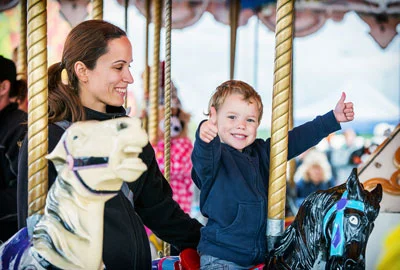- 949 Geneva Avenue | Oakdale, MN 55128
- Contact Us
- (651) 714-8646
Parenting Blog
Display All Posts
Search by Topic:
- ADHD (1)
- Babies (11)
- Baby caring (12)
- Baby crying (10)
- Baby Sleep (11)
- Bed time (14)
- Birthday Parties (1)
- Breakfast with Spirit (4)
- Caring for Yourself as a Parent (13)
- Child Care Selection (2)
- Children and Eating (4)
- Children returning home (1)
- Daylight Savings Time (4)
- Dealing with a crisis (5)
- Emotion Coaching (36)
- Establishing Clear Limits (14)
- Evening Routine (7)
- Frustration Coaching (6)
- Fussy baby (10)
- Getting children Outside (3)
- Getting children to help (3)
- Gift giving and receiving (2)
- Giving In (4)
- Helping Children Learn to Share (3)
- Helping Children Listen (9)
- High needs baby (6)
- Holidays (13)
- Independent Play (1)
- Mealtimes (7)
- Meltdowns (21)
- Morning Routines (11)
- Mother's Day (2)
- Pacifiers (2)
- Parental Sleep (5)
- Parenting (keeping your cool) (27)
- Parenting in Uncertain Times (9)
- Parenting Style (6)
- Parenting Styles/Working Together (2)
- Pockets of Predictability in a Hectic Day (14)
- Potty Training (2)
- Power Struggles (28)
- Reducing Stress (23)
- Routine, the secret to a calm day (18)
- School (7)
- Setting Limits for Children (7)
- Sharing (3)
- Six Year Old Development (1)
- Sleep (15)
- Summer (3)
- Talking about Race with Your Children (1)
- Time-out (1)
- Toilet Training (2)
- Traveling with Spirit (5)
- When you must say NO (3)
- Whining (8)
- Words to use in the Heat of the Moment (16)
- Working from Home (3)
Popular Posts:
Emotional Coaching

Dear Dr. Mary and Lynn:
Our family recently visited an arcade. The first time our son tried one of the games he won so of course he then expected to win every time. When he didn’t, he got really sad and then ran away. I tried to talk to him about feeling disappointed but he growled at me and then started flailing at me. Where did I go wrong? -Tonya
Dear Tonya:
You were on the right path, showing concern and attempting to address the “real” fuel source. A challenge as an emotion coach is to know who you are working with because the approach changes depending on the child’s “type.” Fortunately you don’t have to be a specialist to identify your child’s “type” he will show you with his behavior. A child who runs or hides when upset is one who needs space and quiet to calm. The child who covers his ears or looks away is also telling you he needs silence in order to be able to think and process his emotions. He is not ready to talk. The one who growls when you ask about emotions prefers to discuss the facts.
Trouble can occur when, what your child’s behavior is showing you he needs, is directly opposite from what you prefer when you are upset. So if you are more extroverted, your desire is to talk things through. When disappointed, you’d want a hug and someone to listen while you poured out your woes.
This is where you have to stop yourself, switch out of your preferred or most natural response to one that “fits” your child better. Step back to give him space so he doesn’t need to run away. In a quiet, calm voice say to him, “I’m here. I will help you.” Then stop talking. Wait. When he turns to look at you, or moves toward you then you can begin seeking understanding. But if this is a child who rejects the “feeling” questions skip them and switch to seeking the “facts.” Ask questions such as: “What’s up?” “Tell me what happened?” “Did someone say/do something mean?” “Did you have a plan?” The introverted thinker will calm and work with you.
